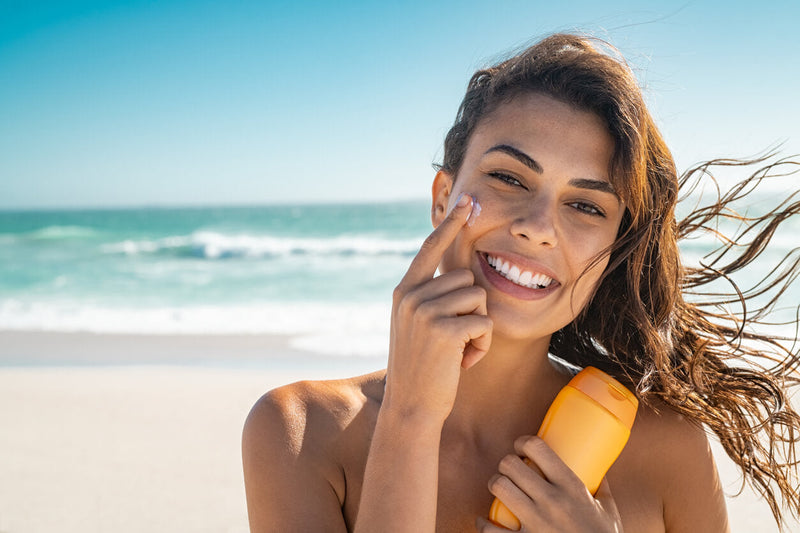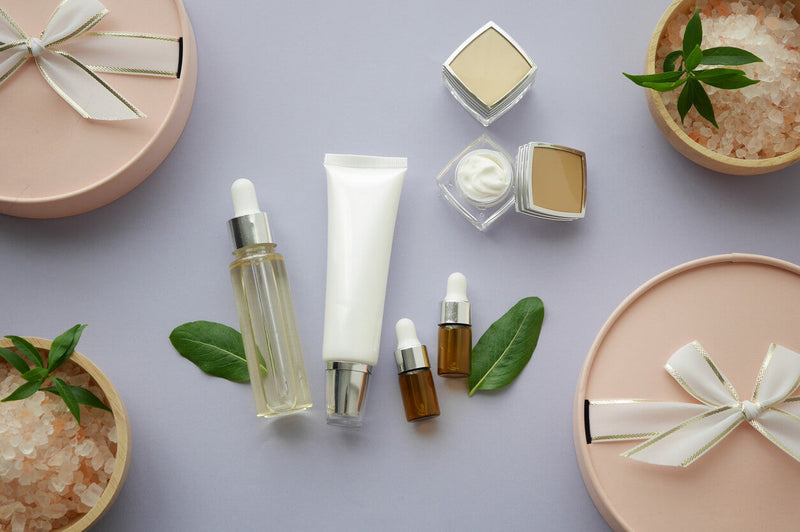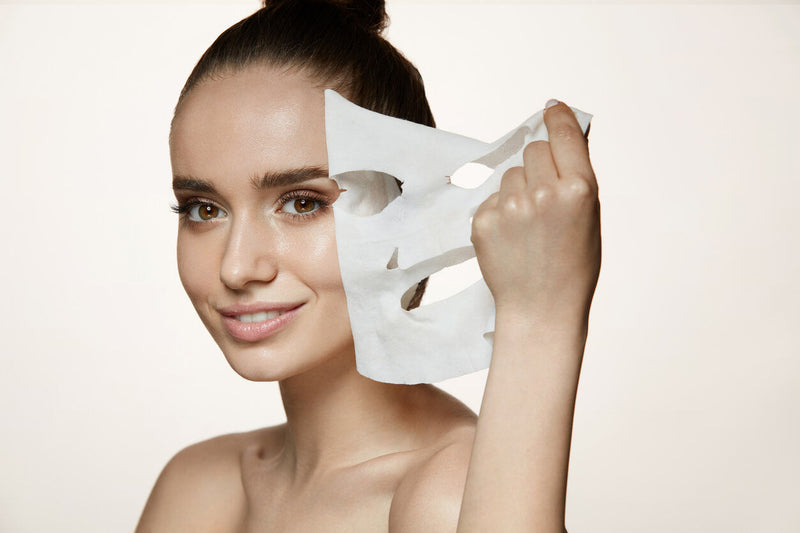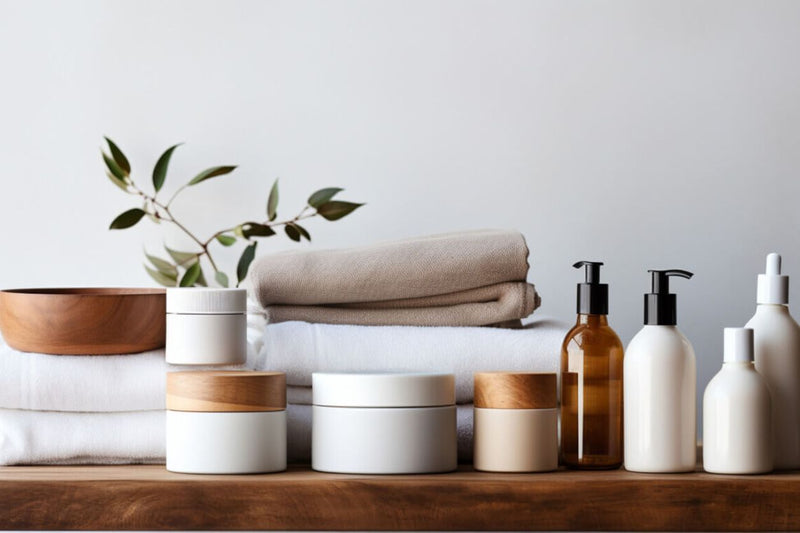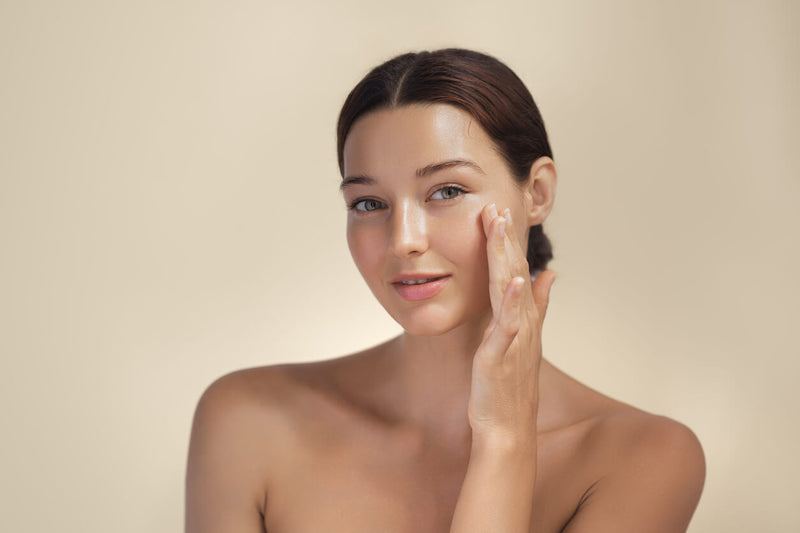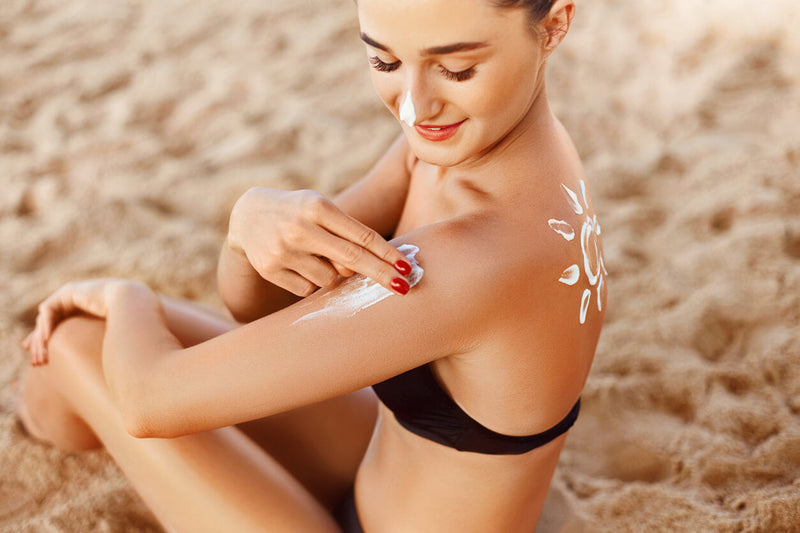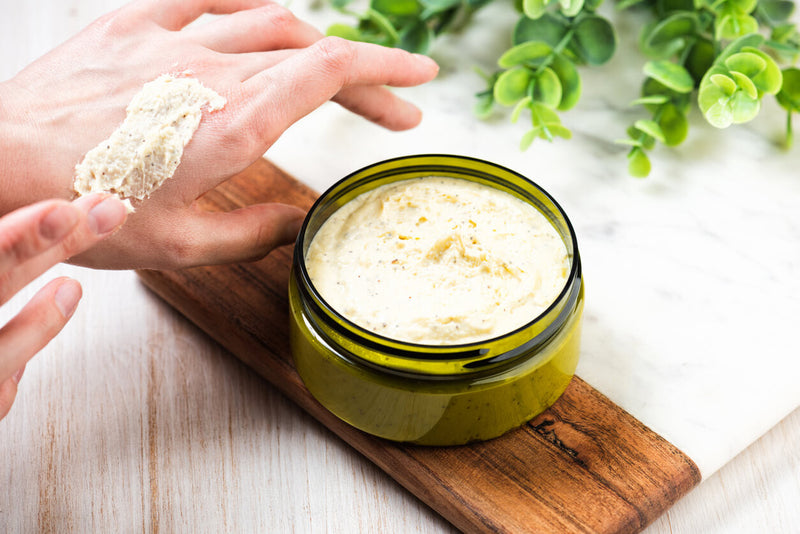

|
Table of Contents You don’t reapply after swimming, sweating, or toweling off
You’re using an expired sunscreen
|
While sunscreens protect you from the sun by either absorbing or reflecting UV light, they do not guarantee 100% sunburn prevention. If you wear SPF but still get sunburned, you’re likely using sunscreens the wrong way. You might also be applying the wrong type of product or sunscreen but don’t realize it.
Our aesthetic clinic in Singapore explores the possible reasons you still get sunburned even after using sunscreen.
You use too little sunscreen
Sunscreens will offer little to no protection at all if you skimp on them. The recommended amount for the face is around 1/4 to 1/3 teaspoon and an ounce (or a shot glass full) to cover the body. Make sure to use a broad-spectrum sunscreen and apply it on commonly neglected areas such as the back of the ears, neck, and tops of your hands and feet.
Apply liberally 15 to 20 minutes before going outside or follow the instructions from the manufacturer. Don’t forget to practice other sun protection measures, such as seeking shade, wearing sun-protective clothing, and accessorizing with a brimmed hat and UV protection sunglasses.
You don’t reapply after swimming, sweating, or toweling off
A one-time application of a broad-spectrum sunscreen will not provide you protection all day. Sunscreen can melt as you sweat and wash away when you swim and towel off. The general recommendation is to apply every two hours, especially if you’re outside, but you’ll need to reapply more often if:
- You’re sitting on a beach
- Sweating a lot
- Participating in an outdoor activity
- Going in and out of the water
- Towel drying a lot
There is also no such thing as waterproof sunscreen. Many products are labeled water resistant, but they cannot protect your skin all day too. According to the American Academy of Dermatology, water-resistant sunscreen means that your sunscreen remains effective for 40 minutes in the water. After that, you’ll need to reapply.
The sunscreen you’re using falls short of its promise
Not all sunscreens are created equally. While some brands offer ample protection, others underperform or fall short of their promise. It has been found before that the SPF number on some sunscreens doesn’t live up to what the label says. Using such products can increase your risk of sunburn or sun damage.
- Sunscreens and their price – Although sun protection shouldn’t vary by price, you should be wary of extremely cheap products. Safe and effective sunscreens use quality ingredients and expert formulations that are required to give you enough protection. It is also not necessary to spend a fortune on sunscreen unless you want to or if you have a preference for a certain brand.
- Try it out first – If you’re trying a new sunscreen and want to know if it’s right for you, you may want to buy a travel-sized product first to test it out. You might also want to consider a product with added antioxidants and hydrating ingredients to maximize your sun protection and reduce photoaging.
You’re using an expired sunscreen
Sunscreens do expire and wearing a formula that is way past its expiration date can increase your risk of irritation, sunburn, and skin damage. This is why you always have to check the label on the bottle, which is probably printed on it. If it has been erased or rubbed off, it is worth noting that most sunscreens have a shelf life of around three years.
The way you use and store the product, however, can affect its efficacy. Storing it in a cool, dark place, away from direct heat and sunlight can help maintain its sun protection capabilities. But leaving it anywhere you want, like a hot car, can cause your sunscreen to absorb UV rays and cause the chemicals in it to break down.
Here are three signs your sunscreen has gone bad:
- Discolored product – color change is a sign of oxidation, which reduces the sunscreen’s efficacy. It is also better to throw the product if it has a yellowish or brownish color.
- Bad or odd smell – discolored sunscreen also emits a weird smell that may increase your risk of breakouts, skin irritation, or bacterial infection.
- Changes in texture – expired sunscreens can clump or have ingredients that look separated. They may also have a watery or thin consistency.
You use sunscreen only during summer or at the beach
Sunscreen is not just for hot, summer weather; it is a must year-round. It is important to note that UV rays can penetrate the clouds and potentially cause damage. As UV rays can increase your risk of sunburn and skin aging, you need to incorporate sunscreen in your daily skincare regimen, so it will become a habit.
Dr. Sylvia’s Sunshield SPF 45 is a lightweight and non-greasy formula designed to provide broad-spectrum protection. It contains skin-loving nutrients that nourish and hydrate, as well as help soothe and calm the skin.
You rely on the SPF on your makeup
Many cosmetic products, including concealers, powders, and foundations, have SPF in them. They are marketed as a way to protect the skin against UV rays while hiding blemishes or providing a flawless-looking complexion. And while the SPF in these products work, they don’t offer enough protection.
To achieve the SPF labels on the product, you need to apply about ¼ teaspoon of it on your face. The problem is makeup is not reapplied enough, as it is not ideal to put too much foundation or reapply it onto your face every two hours.
Stick to using regular SPF and choose a broad-spectrum sunscreen. You can still use makeup with SPF to add an extra layer of UV filter or protection to your skin. And if you’re trying to wear less makeup, you can use a tinted sunscreen that can offer both sun protection and a glowing complexion.
Dr. Sylvia’s Skin Care’s Sheer Defense Tinted SPF 46 with Broad-Spectrum is an oil-free formula that has a universal tint that matches most skin types. It provides UVA/UVB and infrared protection, as well as reduces redness and blotchiness. This formula, furthermore, is rich in antioxidants to help fight free radicals.
For further reading: Makeup with SPF: Does it Provide Enough Sun Protection?
Always make sure that your sunscreen works in your favor. Choose a formula that you feel comfortable wearing, so you’ll use it daily. For more skin care tips and product recommendations, browse through our blog today or visit drsylviaskincare.com. You can also contact Cutis Medical Laser Clinics in Singapore to schedule a consultation with our aesthetic doctor.











